Contributed by Gino Ng
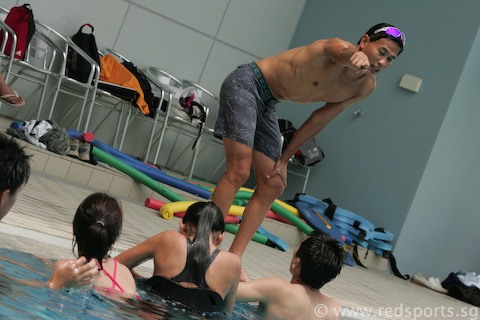
Gino Ng, a Sport Physiotherapist, conducting a water-based rehabilitation session. Gino is a national triathlete and was twice the National triathlon champion. He came in 4th in the 2005 SEA Games triathlon after coming back from 3 knee surgeries. (Photo © Les Tan/Red Sports file photo)
If you have ever wondered how our injured national athletes keep most of their hard gained fitness, read on.
Their pool-based water work is often the key to a quick return. For those not injured, the swimming pool can also be used as a great training tool in addition to your other workouts.
Our Singapore badminton team went to the pool once a week at least during periods when they were training at their hardest so they could train in a setting with little or no impact to minimize injuries, with yours truly leading the session.
Now, this is not a swim training session like you might think. As most land-based athletes are not good swimmers, I often use aqua-running techniques (or deep water running) to produce a valuable training effect for them. It would take a far longer time to get them to be of a good swimming standard to get the same effect from swimming and since time is a precious commodity in sports rehabilitation hence the use of deep water running.
Moreover, most of these athletes or patients are involved in some land-based or running sports, so swimming offers less transferable benefits or movements that are similar to their land-based activities.
Done right it is a full-body workout involving the legs, arms, shoulders and core muscles. It is also a good alternative to pounding the streets day after day. A study comparing a group doing deep water running versus another group road running found both training programmes produced similiar improvements in V02 max levels.
Water is about 773 times more resistant than air, so it can strengthen all key running muscles. Water is also isokinetic, meaning the water resists you as much as you resist it. The harder you move your arms or legs through the water, the more resistance you encounter.
What is even more challenging is doing the workout without a flotation device or belt. I often get my athletes to do the entire session without one to push them harder.
The pool is a very good and versatile environment for rehabilitation work and training for athletes and patients. By including this session, you can allow for injured athletes or patients to recover quicker and allow others to undertake higher intensity land based training.
References
Davidson, K (2000). Deep Water Running Training Improve V02 max in Untrained Women. Journal of Strength and Conditioning Research. 14 (2) 191-195
Dowzer, CN and Reilly, T (1998). Deep Water Running. Sports Exercise and Injury. 4: 56-61
About Gino Ng
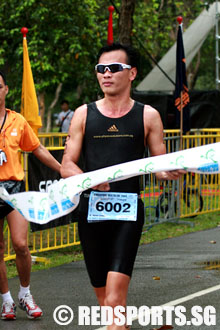
Gino Ng finishing the 2008 Singapore Biathlon in 1:03.56. (Photo © Lai Jun Wei/Red Sports file photo)
Prior to joining Physio Solutions, Gino Ng worked as a senior sports physiotherapist at the Singapore Sports Council (SSC) from 1999-2009. He graduated with a double masters in Musculoskeletal and Sports Physiotherapy from the University of South Australia on a SSC sponsorship.
His special interests are in the treatment of articular cartilage injuries having done research in the area whilst undergoing his postgraduate training. He specializes in treating sports injuries, as well as devising sports rehabilitation programmes after reconstructive surgeries to the shoulder, knee and ankle joints.
As a former national triathlete, Gino is a 2-time Singapore National Triathlon champion (2000-2001), National Duathlon champion (2001), 9-time winner of the National Vertical Marathon (1998-2001, 2004-2005, 2007-2009). He has also placed 4th at the 2001 Asian Duathlon Championships in Hong Kong and made several podium finishes in the Asian Cup Triathlon Series events over the years while holding down a full-time job as a physiotherapist.
Partly as a result of his grueling training regime, Gino needed 3 knee surgeries in 2002 and 2003. After which he made a comeback and placed 4th in the 2005 SEA Games triathlon event.
When not participating, Gino has kept close to sports, travelling widely with the Singapore medical teams for major overseas events such as the various SEA Games, 2002, 2006 Commonwealth Games, the 2006 Asian Games and he is the only local Singaporean physiotherapist to be been to both the 2004 Athens and 2008 Beijing Olympics.

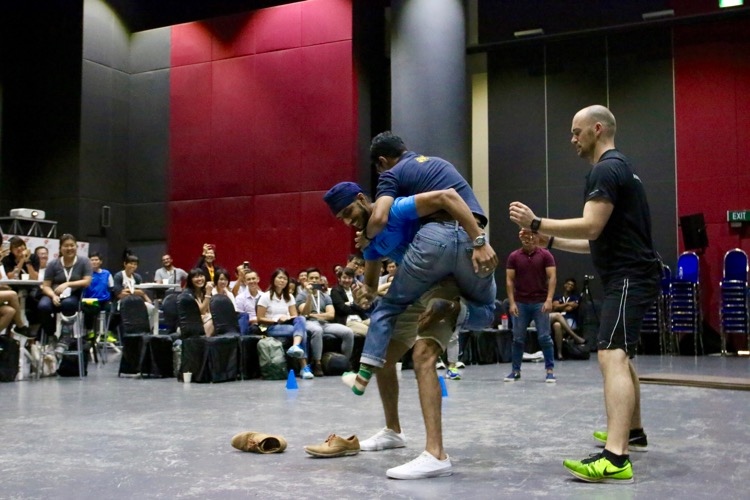

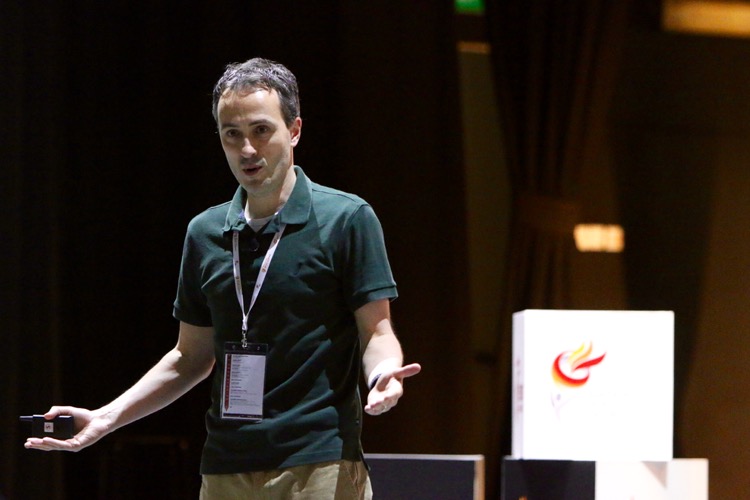
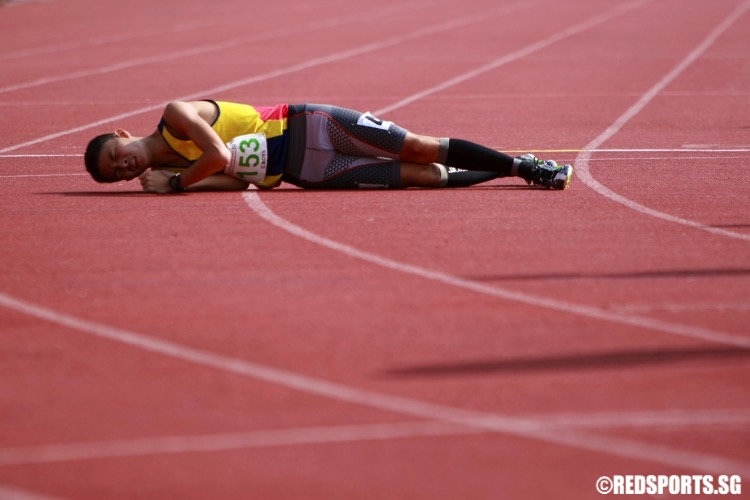
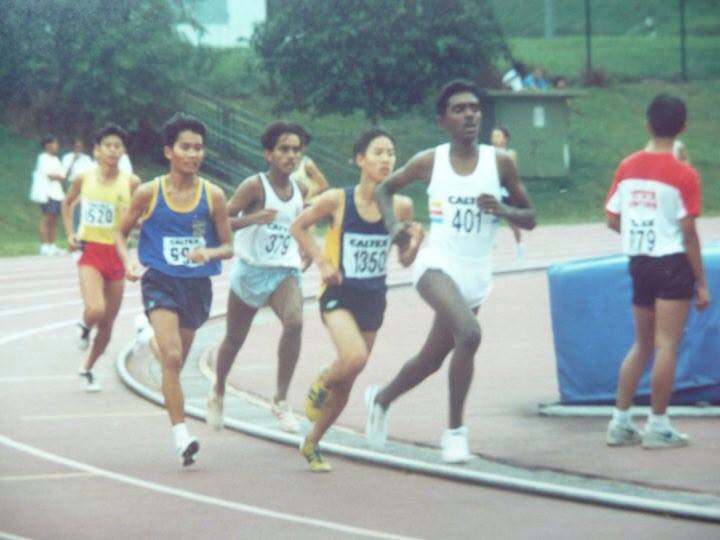
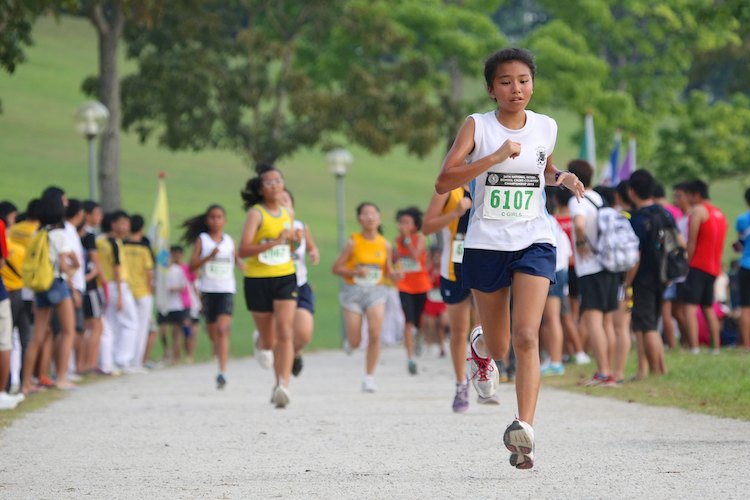
At Red Sports, we post stories written by readers about their games and in this instance, about their area of expertise.
The article was not about himself.
We put in the part about the writer to give people an idea of the writer’s background because of the nature of the article. That way, readers will know that the writer is a trained physiotherapist.
If you have your area of expertise, you can write in too and we will post it up with your full name and resume.
You send it, we post it. That’s how we work here at Red Sports.
As for the stuff in the papers, every one has the right to fight for justice and what they perceive as unfair treatment. The young athlete nominated in his place had finished second to him in the selection trials, leaving the author of this article feeling quite aggrieved as I understand it.
Why is this guy writing an article with more emphasis about himself and his company as the third person? For all the stuff that could be read in the papers about him bringing in a lawyer after a youth triathlete was selected ahead of him in the SEA Games just speaks a lot..